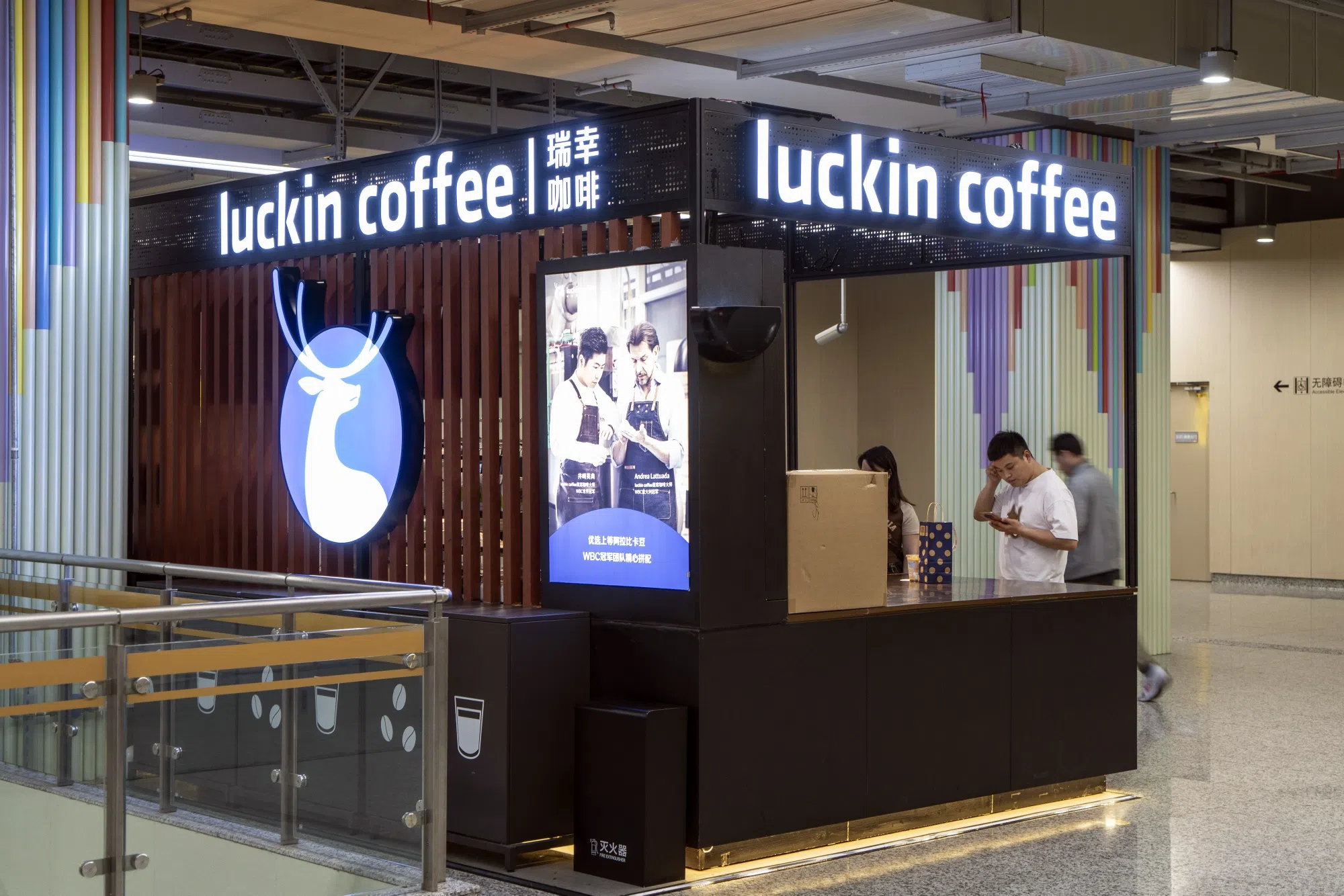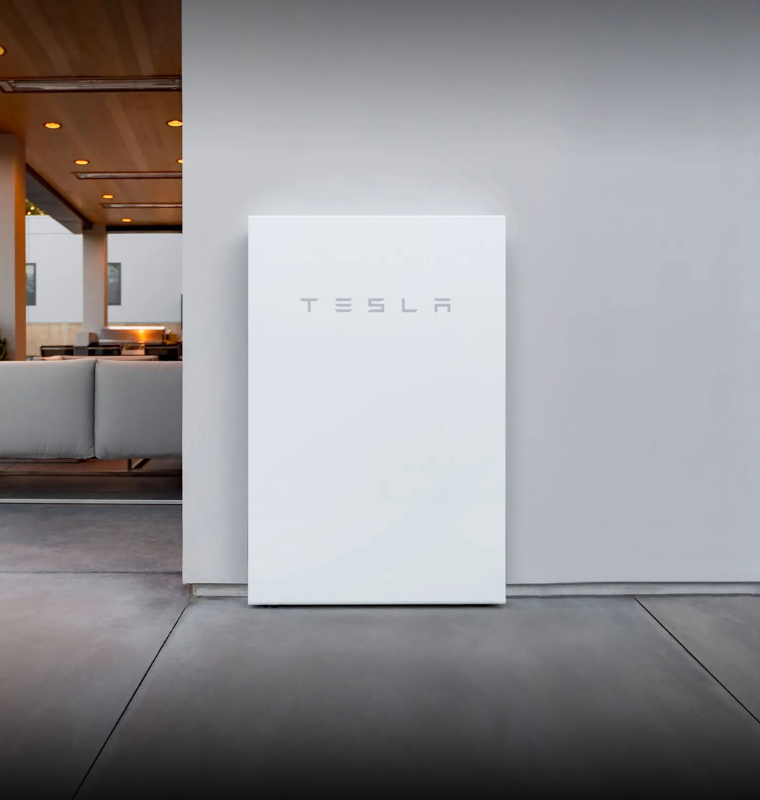Luckin Coffee Plots U.S. Comeback After Fraud Scandal Recovery
Luckin Coffee Plots U.S. Comeback After Fraud Scandal Recovery
By
David Goldfarb
Last updated:
November 12, 2025
First Published:
November 12, 2025

Photo: The Business Times
Luckin Coffee, once synonymous with corporate scandal, is staging one of the most striking comebacks in modern business history. After being delisted from the Nasdaq in 2020 for fabricating more than $310 million in revenue, the Xiamen-based coffee chain is now preparing to return to U.S. markets — this time as a legitimate, profitable, and fast-growing enterprise.
From Collapse to Comeback
The company’s fall was swift and dramatic. Just a year after its 2019 IPO, Luckin admitted to inflating sales figures, triggering a massive sell-off that wiped out billions in market value. The fraud led to leadership overhauls, class-action lawsuits, and widespread skepticism about Chinese companies listed in the U.S.
But under the leadership of CEO Jinyi Guo, Luckin Coffee has rebuilt its operations from the ground up. With the backing of major private equity firm Centurium Capital, which became its controlling shareholder in 2022, the company cleaned up its balance sheet, overhauled its corporate governance, and implemented strict auditing practices to restore investor trust.
Today, the company’s finances look healthier than ever. In 2023, Luckin reported revenue growth of over 87% year-on-year, reaching approximately $2.1 billion, with net income turning positive for the first time since the scandal.
Dominating China’s Coffee Market
Luckin’s revival hasn’t just been financial — it has reshaped China’s coffee culture. Once seen as a scrappy Starbucks imitator, Luckin now commands the largest share of China’s coffee market, boasting more than 18,500 stores nationwide as of mid-2024. By comparison, Starbucks operates around 6,800 outlets in China.
The company’s success is largely attributed to its tech-driven retail model — leveraging mobile ordering, dynamic pricing, and AI-based consumer analytics to optimize sales. Its signature “Coconut Latte” became a viral sensation on Chinese social media, fueling record daily orders and brand loyalty.
Luckin’s expansion strategy has also focused on affordability, offering beverages that are on average 25–30% cheaper than Starbucks, targeting China’s rising middle class and younger demographics.
Expanding Abroad and Eyeing a U.S. Relisting
After solidifying its dominance at home, Luckin is now setting its sights abroad. The company has opened dozens of stores across Singapore, Thailand, and the Middle East, and recently announced plans to expand into the U.S. market, starting with test locations in major cities like New York and Los Angeles.
CEO Jinyi Guo confirmed in a recent interview that Luckin Coffee is preparing for a U.S. relisting, signaling a full-circle moment for the brand once disgraced on Wall Street. Industry analysts believe a successful relisting could value the company at over $10 billion, given its growth momentum and profitability.
Investor Confidence on the Rise
Investor sentiment toward Luckin has shifted dramatically over the past three years. The company’s shares, which now trade over-the-counter, have surged more than 400% since 2021, reflecting renewed optimism in its turnaround story.
Market observers view Luckin’s resurgence as a broader sign of resilience within China’s consumer sector, despite slowing economic growth and stiff competition. Analysts at several global investment firms expect Luckin’s relisting to attract strong institutional interest, especially from funds seeking exposure to China’s fast-growing food and beverage industry.
A New Chapter for China’s Coffee Giant
Luckin Coffee’s path from fraud to fortune represents one of the most remarkable corporate rehabilitations in recent years. What began as a cautionary tale of rapid expansion and financial misconduct has evolved into a story of discipline, transparency, and strategic reinvention.
As the company prepares its return to the Nasdaq, investors and consumers alike are watching closely — not just to see if Luckin can sustain its growth, but whether it can reclaim global credibility in an industry long dominated by Western brands.
Popular articles
Subscribe to unlock premium content
The Rise of Silent Walking Tours in Historic Cities

The Rise of Ultra-Niche Cooking Classes Focused on Historical or Regional Recipes

The Rise of One-Person Dining Experiences for Ultra-Introverts in Major Cities

The Rise of Silent Walking Tours in Historic Cities

The Rise of Ultra-Niche Cooking Classes Focused on Historical or Regional Recipes

The Rise of Silent Walking Tours in Historic Cities









